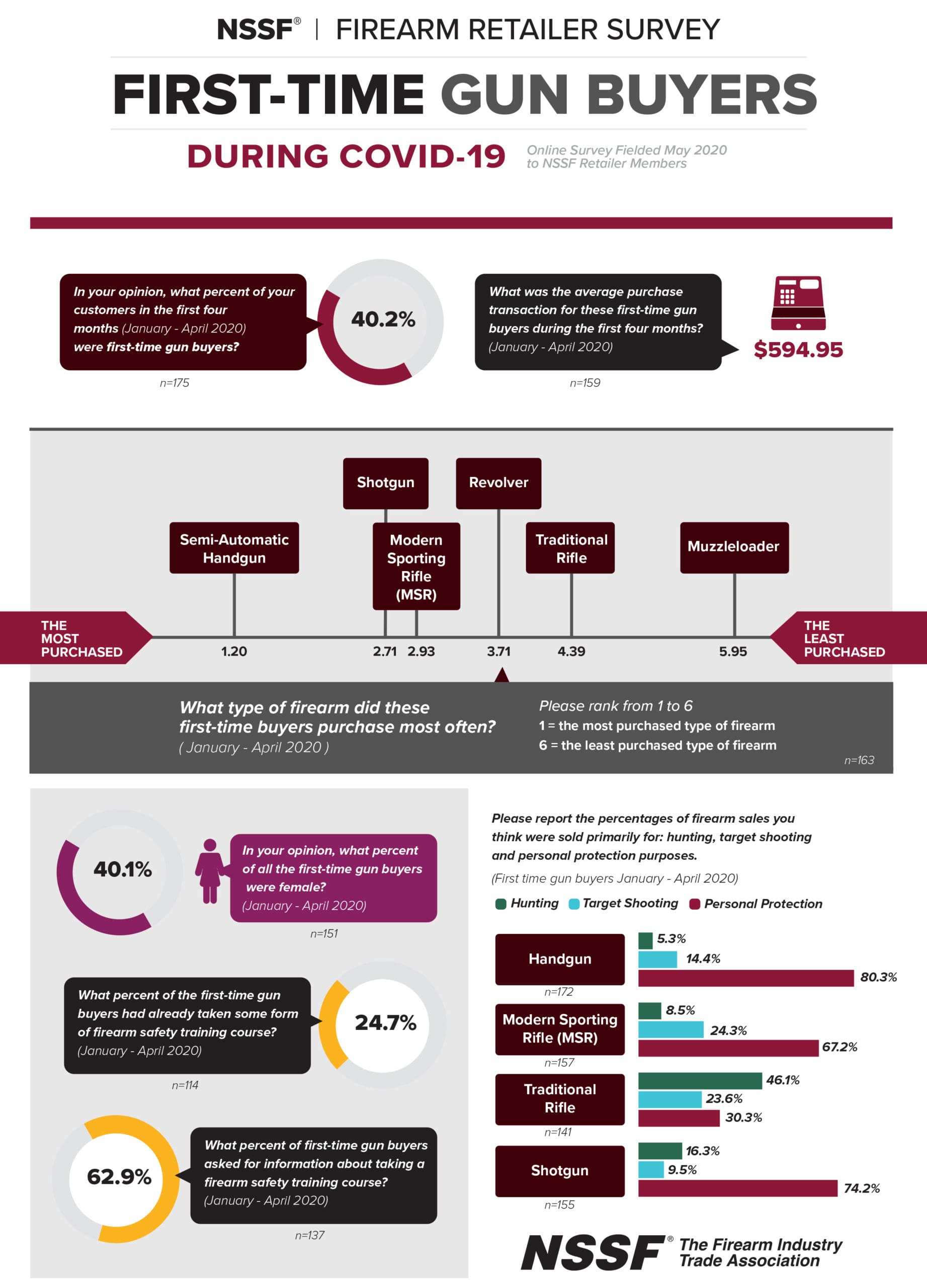Don’t be surprised if this is just the first of many companies that decide to leave, as Minneapolis is joins the list of other failed cities, like Detroit.
Manufacturer That Burned as Minneapolis Protests Turned Violent Plans to Relocate From City
A Minneapolis manufacturing company has decided to leave the city, with the company’s owner saying he can’t trust public officials who allowed his plant to burn during the recent riots. The move will cost the city about 50 jobs.
“They don’t care about my business,” said Kris Wyrobek, president and owner of 7-Sigma Inc., which has operated since 1987 at 2843 26th Av. in south Minneapolis. “They didn’t protect our people. We were all on our own.”
Wyrobek said the plant, which usually operates until 11 p.m., shut down about four hours early on the first night of the riots because he wanted to keep his workers out of harm’s way. He said a production supervisor and a maintenance worker who live in the neighborhood became alarmed when fire broke out at the $30 million Midtown Corner affordable housing apartment complex that was under construction next door.
“The fire engine was just sitting there,” Wyrobek said, “but they wouldn’t do anything.”
Two days after the riots began, Gov. Tim Walz described the city’s response as an “abject failure.” Walz ordered the National Guard into Minneapolis to restore order at the request of Mayor Jacob Frey. The violence sometimes overshadowed peaceful protests over the death last month of George Floyd at the hands of Minneapolis police officers.
Frey said Monday that he was unaware of 7-Sigma’s decision to move, and he declined to say whether the company’s decision reflects the challenges facing city leaders as they try to convince business owners to rebuild in Minneapolis. Many business owners have criticized the city, saying their pleas for help went unanswered.


